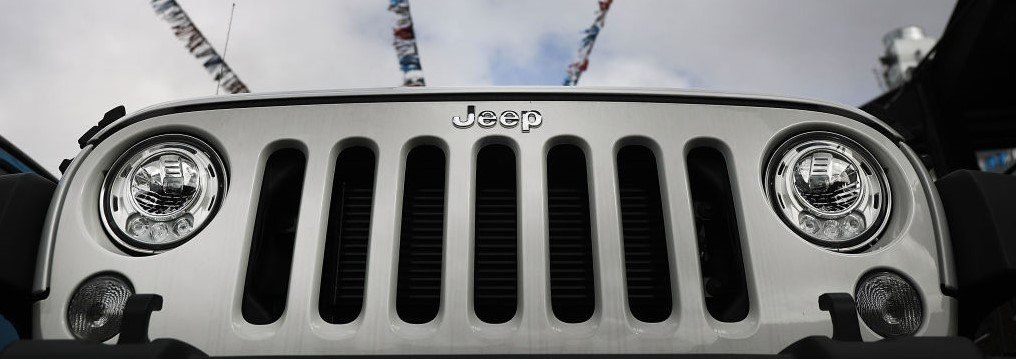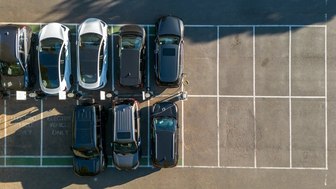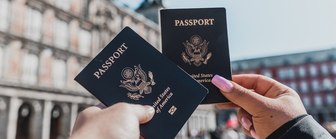Like countless other sectors, the auto industry has felt the COVID-19 pain, both from the demand side as consumers shy away from large purchases, and from the supply side as manufacturing chains have come to a halt in an effort to slow the spread of the disease.
However, according to YouGov BrandIndex, which tracks thousands of brands everyday, consideration of the Jeep brand is trending up in the last 30 days as the sector average remains flat.
Right now, just over 16 percent of US adults say that when they are in the market to purchase a car or truck, they would consider purchasing a Jeep.
Beyond the general population who may simply be kicking the tires, the number of Americans who are at least somewhat likely to purchase a new vehicle in the next 12 months and who intend to purchase a Jeep product has increased to 6.5 percent.
Many short- and long-term factors may be at play here.
It may be too early to tell, but the brand has long positioned itself as a rugged go-anywhere machine, which may be appealing to consumers in uncertain times. Jeep could benefit further as gas prices are expected to slide further as we enter a recession, making SUVs and larger vehicles attractive to the consumer.
However, a longer view shows consideration for the SUV brand has been on a steady incline over the last four years as the popularity of SUVs overshadows sedans and minivans.
America also appears to have a higher regard for domestic vehicles in general compared to previous years. YouGov Profiles data shows the perception of quality among foreign-made cars is decreasing. In March 2017, 44 percent of Amerricans agreed with the statement: “I think foreign-made cars are better quality.” In March 2020, 40 percent agreed.
YouGov Ratings shows Jeep fans describe the brand as good quality, practical, good value for money, classic and well-made. The Jeep Wrangler, Grand Cherokee and Cherokee are all in the top 10 most popular vehicles in the US, YouGov Ratings shows.
The car industry tends to be seasonal and we’re headed into what’s typically a hot car-buying season. In response to the pandemic, manufacturers have started offering large incentives on new cars, such as low financing rates and prolonged periods without payments.
None











